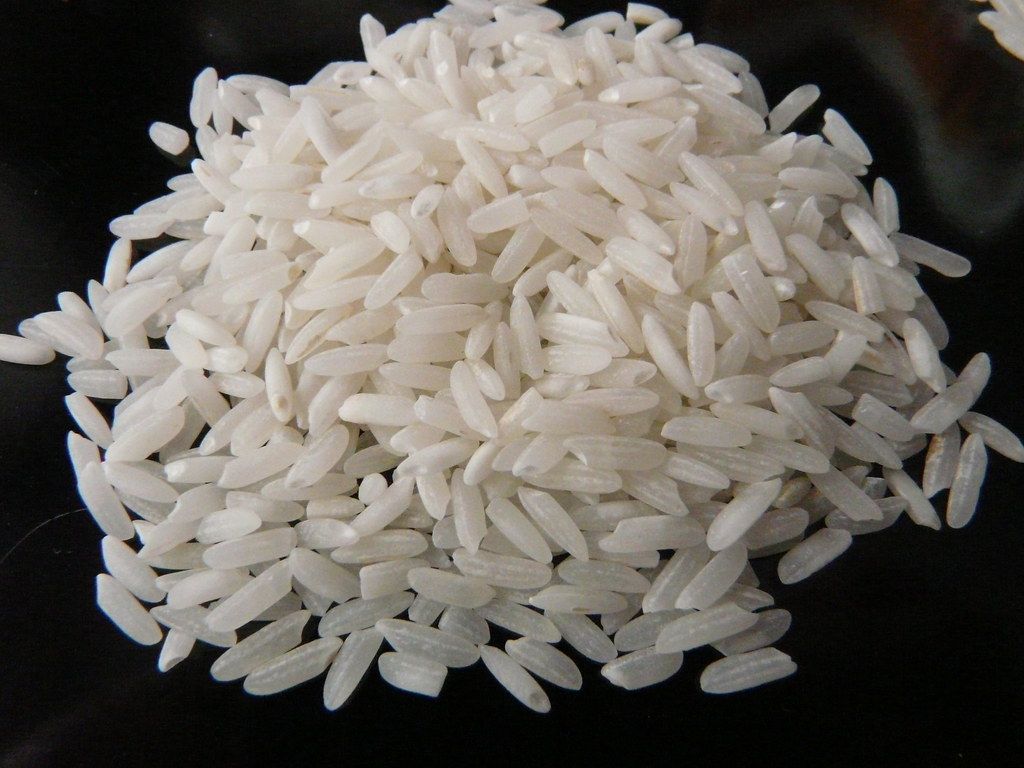Advertisement
Decoding the H2O Hype: Alkaline Water vs. Regular Water
Water, the elixir of life, comes in various forms, and the debate between alkaline water and regular water has become a topic of interest in the wellness community. Proponents of alkaline water claim it offers enhanced hydration and potential health benefits. In this article, we’ll explore the key differences between alkaline water and regular water, dissecting the science behind the claims to help you make informed choices about your hydration.
Understanding the pH Spectrum
1. Regular Water (Neutral pH)
Regular water typically has a neutral pH of 7. The pH scale ranges from 0 to 14, with 7 being neutral. Regular tap water, spring water, and most bottled waters fall within this neutral range.
2. Alkaline Water (Higher pH)
Alkaline water, on the other hand, has a pH level greater than 7, often ranging between 8 and 9.5. This higher pH is achieved through processes like ionization or the addition of alkaline minerals such as calcium, magnesium, and potassium.
Claims Surrounding Alkaline Water
1. Enhanced Hydration
Proponents argue that alkaline water can enhance hydration due to its smaller molecular clusters, allowing for better absorption at the cellular level. However, scientific evidence supporting this claim is limited.
2. Neutralizing Acidity in the Body
Some believe that consuming alkaline water helps neutralize the acidic environment in the body, which is thought to be caused by factors like diet and stress. However, the body has sophisticated mechanisms, primarily the kidneys and lungs, to regulate its pH levels, making the impact of alkaline water on overall body pH minimal.
3. Potential Health Benefits
Claims of various health benefits, including improved energy levels, better digestion, and even disease prevention, are often associated with alkaline water. However, scientific research in this area is still in its early stages, and more studies are needed to validate these assertions.
Choosing the Right Water for You
1. Consider Your Needs
The choice between alkaline water and regular water ultimately depends on individual preferences and needs. If you enjoy the taste of alkaline water and believe it complements your lifestyle, it can be a suitable choice. However, regular water remains a reliable and essential source of hydration.
2. Stay Hydrated with Balanced Choices
Regardless of your water choice, staying adequately hydrated is paramount for overall health. The Institute of Medicine recommends a daily water intake of about 3.7 liters (125 ounces) for men and 2.7 liters (91 ounces) for women, including water from all beverages and foods.
3. Tap Into Tap Water
Tap water, when sourced from reputable municipal supplies, is often subjected to rigorous quality standards. It’s a cost-effective and sustainable choice for hydration. If you have concerns about your tap water, consider using a water filter to address taste or odor issues.
Potential Considerations and Cautions
1. Overconsumption of Alkaline Water
While moderate consumption of alkaline water is generally considered safe, excessive intake may lead to an imbalance in electrolytes. It’s essential to be mindful of the pH levels and consult with a healthcare professional if you have specific health concerns.
2. Variety in Mineral Intake
Regular water, especially from natural sources like springs, can provide essential minerals. Alkaline water, depending on its source and processing, may also contain added minerals. Consider the variety in your overall mineral intake from different sources.
Conclusion: Hydration Harmony
In the grand debate of alkaline water vs. regular water, the key lies in balance and individual preferences. Both options can contribute to your daily hydration needs, and the most crucial factor is maintaining a consistent and adequate intake of water for overall health. As science continues to explore the potential benefits of alkaline water, it’s essential to approach these claims with a critical eye and prioritize a well-rounded and balanced approach to hydration.












